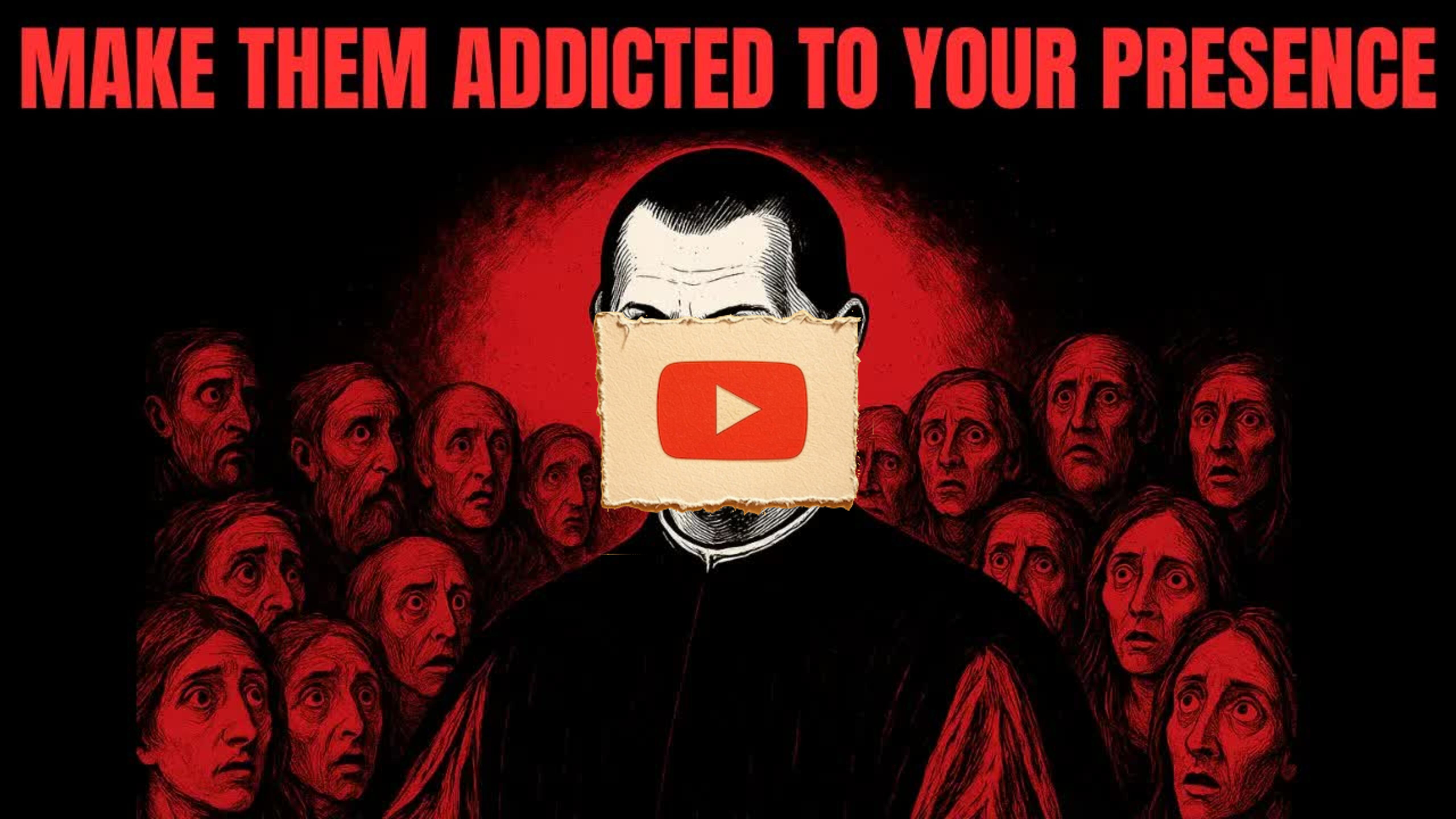Key Points
- True power operates by subtracting itself from the equation while multiplying its influence
- People recognize your power when their emotional reactions to you reveal your impact on them
- Strategic silence and calculated absence create more influence than constant presence or noise
- Transform attacks into opportunities by remaining curious rather than defensive
- Creating intellectual and emotional space that others rush to fill gives you control over outcomes
- Fear requires only recognition of capacity, while love demands reciprocity and creates dependency
- Your composure under pressure becomes magnetic because it offers stability others lack
- Don't defend your character - explore the dynamics that created the misunderstanding instead
- Consistency of response (not mood) creates emotional climate rather than adapting to others' weather
- The less you need others' approval, validation, or understanding, the more they want to give it
- Distinguish between genuine needs for connection and emotional demands disguised as needs
- People value what is scarce - your emotional availability becomes precious when not freely given
- When you stop participating in drama, less drama occurs around you naturally
- Genuine authority based on self-possession is unmistakable and attracts recognition rather than requiring imposition
- Victory means remaining yourself while others lose themselves in reaction to your stability
- Most sophisticated power isn't power over others, but power over yourself that others find attractive
- Your influence should emerge from authenticity rather than performance or manipulation
- Create conditions where conflict becomes unnecessary rather than learning to win battles
Full Transcript
 Great Pods
Great Pods
 Great Pods
Great Pods